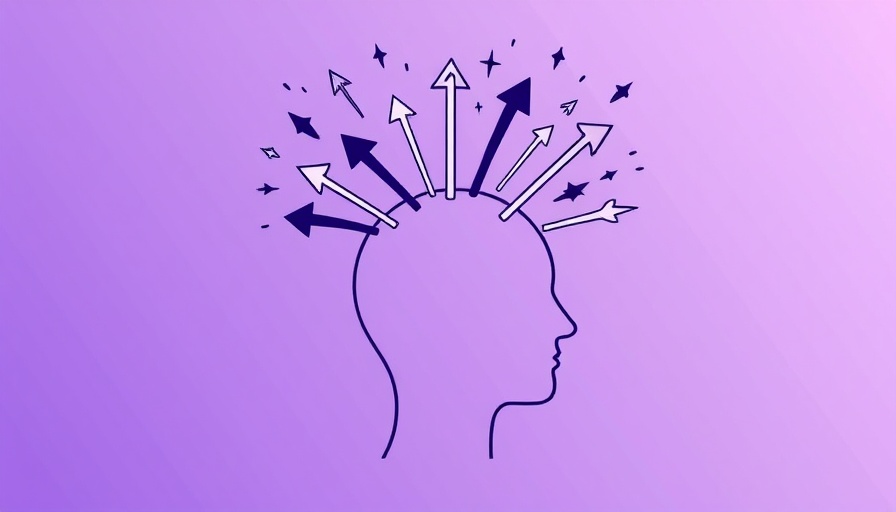
Understanding the Potential Benefits of Meditation for Well-Being
The question of whether meditation truly enhances our well-being is one that resonates deeply, especially among individuals with autism and their support networks. As many people embark on their mindfulness journeys, the inquiry often arises: will practicing mindfulness actually lead to greater health and happiness? While the answer varies by individual, research highlights significant trends suggesting positive outcomes from regular meditation practices.
Is the Science Really Conclusive?
In the world of meditation research, definitive conclusions are somewhat elusive. According to Steven Hickman, a mindfulness teacher, science provides valuable insights into the potential benefits of meditation, but it does not guarantee individual results. Statistical findings reflect broader population trends rather than individual experiences; thus, an approach of cautious optimism is recommended. Overall, scientific studies suggest a strong correlation between meditation and improved mood, self-compassion, and other positive mental health indicators.
Mindfulness in Practice: What Really Changes?
For individuals on the autism spectrum, engaging in mindfulness practice can offer unique benefits. Many experience heightened anxiety or difficulty processing emotional information, and meditation provides tools to navigate these challenges. Mindfulness practices can foster a greater awareness of emotional states, potentially leading to more effective coping strategies. By learning to tune into their own minds and bodies, individuals may find greater clarity and resilience in their experiences.
Real-Life Impacts: Personal Stories of Transformation
Many stories have emerged from those who practice mindfulness, showcasing how meditation has transformed their daily lives. For a young adult with autism, the act of slowing down and embracing mindfulness can alleviate overwhelming senses, providing moments of peace in an otherwise chaotic world. By finding stillness through meditation, individuals often report feeling more centered and less reactive to stressors, resulting in a tangible improvement in overall quality of life.
Embracing Skepticism: Trusting Your Own Journey
Hickman’s advice to embrace skepticism while exploring meditation is particularly poignant. It encourages individuals—especially those within the autism community—to approach the practice with curiosity, rather than the pressure of expectation. Each person’s journey is unique, and the key is to observe what works for you. Authentic experiences, grounded in mindful practice, often lead to sustainable change and enhanced well-being.
Take Action: Start Your Mindfulness Journey Today
If you're curious about how meditation can improve health and well-being, the best step is to start practicing. Many resources are available, from apps to guided classes designed specifically for individuals with autism. Engaging in these practices can unlock insights into your mind and help cultivate a more peaceful, fulfilling life. Remember, your mindfulness journey is a personal one; trust your path and explore the positive changes that meditation can bring.
 Add Row
Add Row  Add
Add 




Write A Comment